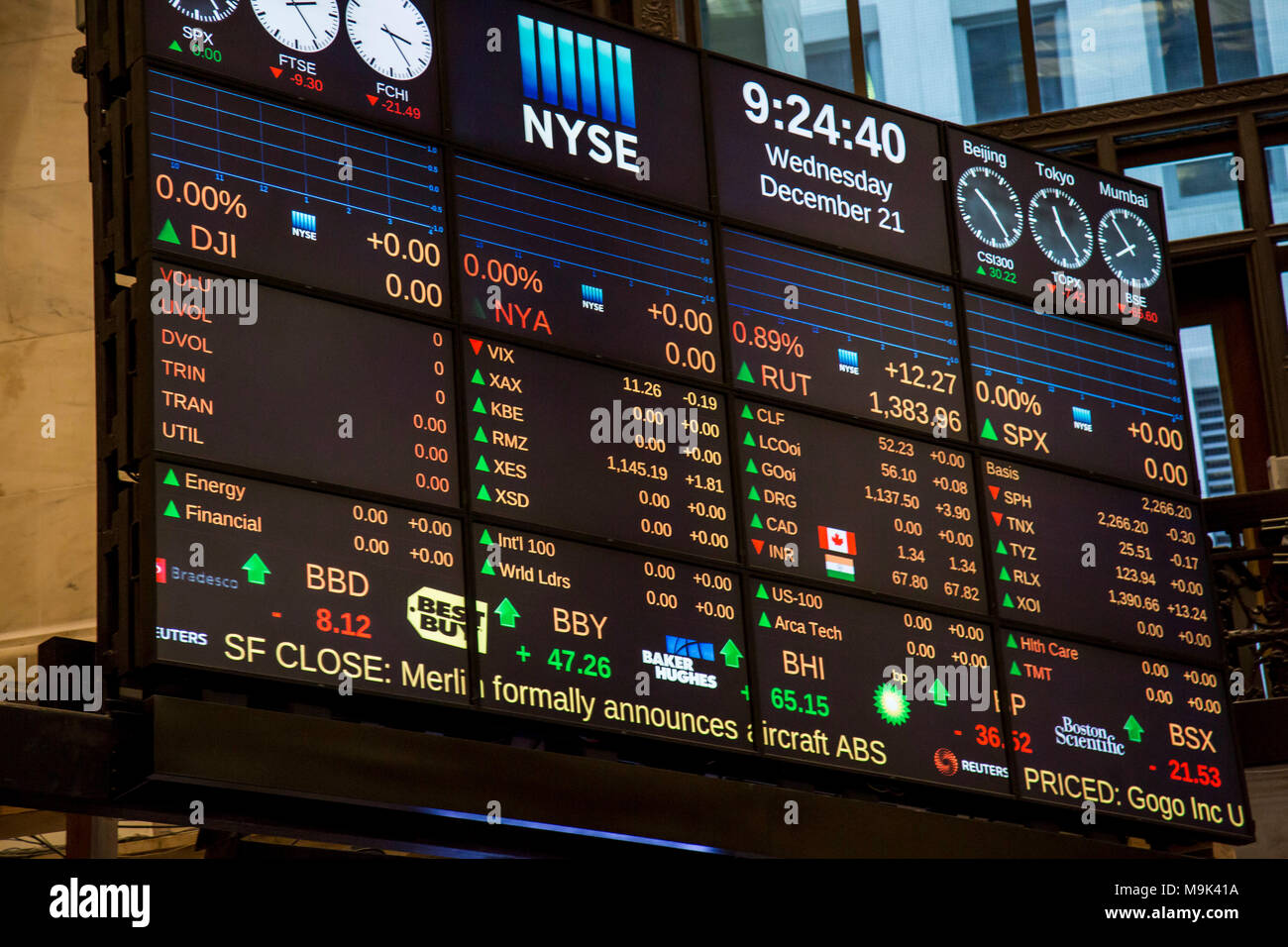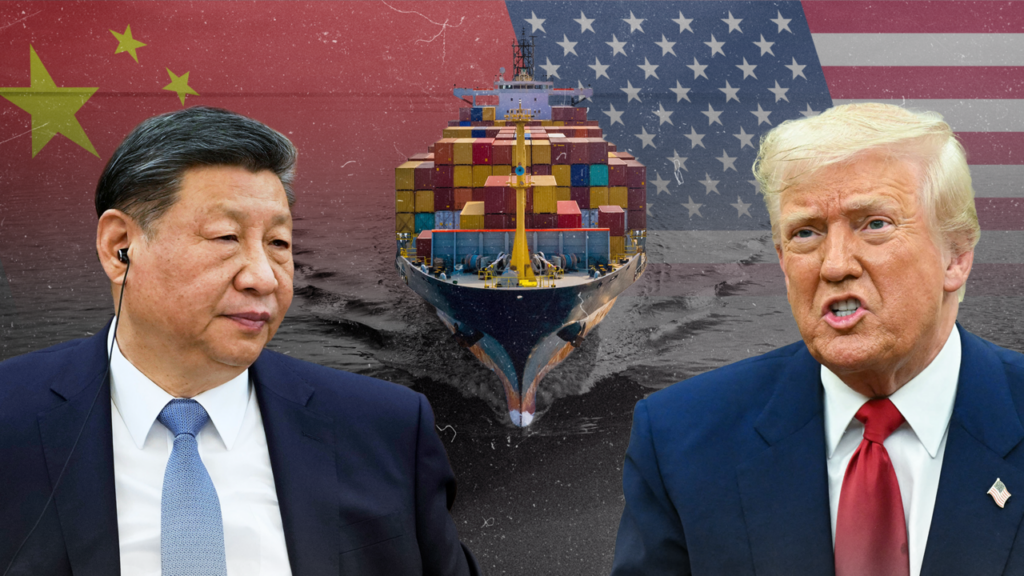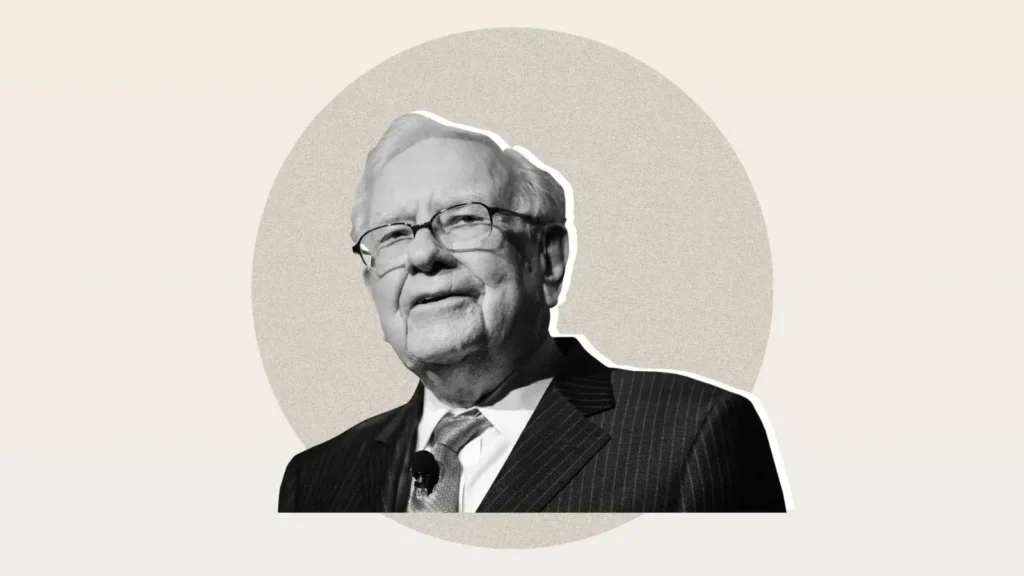Now Reading: Zuckerberg’s $733M Stock Dump Before Trump’s Tariff Bombshell
-
01
Zuckerberg’s $733M Stock Dump Before Trump’s Tariff Bombshell

Zuckerberg’s $733M Stock Dump Before Trump’s Tariff Bombshell
Zuckerberg’s Mysterious $733 Million Stock Sell-Off Raises Eyebrows
In a move that has tongues wagging across Wall Street, Mark Zuckerberg managed to offload a staggering $733 million worth of Meta shares just weeks before former President Trump’s bombshell tariff announcement sent tech stocks tumbling. Talk about impeccable timing!
The Meta CEO’s massive stock dump took place throughout the first quarter of 2025, with approximately 1.1 million shares sold between January and March. All this occurred just before Trump’s April 2 announcement that tanked tech stocks and slashed Zuckerberg’s remaining fortune to a mere $178 billion—his lowest point this year.

Just Coincidence or Something More?
Before you jump to conclusions about insider trading, there’s a plot twist. The sales were executed through the Chan Zuckerberg Initiative under a 10b5-1 trading plan established back in August 2024. These plans allow executives to sell shares on a predetermined schedule, theoretically keeping them in the clear of any insider trading accusations.
But the timing certainly raises questions. Zuckerberg didn’t even stop there—he continued selling into April, adding another $565 million to his divestment total (minus about $100 million in exercise costs). That’s over $1.2 billion in stock sales right before and during a major market downturn!
The Billionaire Exodus: Zuckerberg Wasn’t Alone
Turns out, Zuck wasn’t the only billionaire heading for the exits. An elite club of tech executives and corporate leaders were all mysteriously selling massive stock positions in the months surrounding Trump’s market-rattling announcement.
Silicon Valley’s wealthiest executives seemed to be following the same playbook, with Oracle CEO Safra Catz unloading $705 million in stock options in January, and Palo Alto Networks CEO Nikesh Arora selling 2.36 million shares worth over $432 million.

The Billion-Dollar Sell-Off Club
The list of high-profile executives cashing out reads like a who’s who of corporate America. Max de Groen of Nutanix sold 5.5 million shares for around $410 million, while Axis Capital’s Chuck Davis offloaded 4.3 million shares totaling nearly $400 million.
Palantir Technologies President Stephen Cohen didn’t miss the opportunity either, selling 4.06 million shares worth approximately $337 million during a convenient stock surge between January and February.
Even banking titan Jamie Dimon joined the party, with the JPMorgan Chase CEO selling 866,361 shares worth $233.8 million on February 20, followed by an additional $31.5 million in April. That’s over $265 million in total divestments this year.
Entertainment Moguls Cash In Too
The sell-off wasn’t limited to just tech and finance. Entertainment industry leaders also took the opportunity to cash out, with Netflix Co-CEO Ted Sarandos selling 199,063 shares worth a cool $194.9 million.
Even Dutch Bros coffee chain co-founder Travis Boersma got in on the action, selling 2.5 million shares in February for nearly $190 million. Seems like executives across all industries were suddenly feeling the urge to convert stocks to cash.

Perfect Timing or Planned Moves?
While all of these sales were technically legal and mostly executed under pre-established trading plans, the scale and timing have reignited debates about executive trading practices. Were these billionaires just lucky with their timing, or was something else at play?
The 10b5-1 plans that many of these executives used are designed to provide a safe harbor from insider trading allegations. They allow executives to set up predetermined selling schedules that execute regardless of what they might know about upcoming events.
However, critics argue that the system isn’t foolproof. Corporate governance experts have long questioned whether executives might establish these plans strategically, with knowledge of potential future events that could impact stock prices.

The Aftermath: Market Reactions and Regulatory Questions
Trump’s April 2 announcement of sweeping reciprocal tariffs sent shockwaves through the markets, with tech stocks taking a particularly hard hit. For executives who had already cashed out billions, the timing couldn’t have been better.
Meta’s stock, along with many other tech giants, saw significant declines following the tariff news. Meanwhile, Zuckerberg and his fellow executives were sitting on mountains of cash instead of watching their paper wealth evaporate.
The coincidental timing of these massive stock sales has renewed calls for greater transparency and stricter regulations around executive trading practices. Some financial experts are questioning whether current safeguards are sufficient to prevent executives from capitalizing on their privileged access to information.
What Does This Mean for Investors?
For everyday investors, the billionaire sell-off offers a sobering reminder of the information gap that exists between corporate insiders and the general public. While these executives may have been operating within legal boundaries, their actions highlight the advantages they enjoy in timing their market exits.
The next time you’re considering a major investment in a company where executives are selling large portions of their shares—even under pre-established plans—perhaps take a moment to consider what they might know that you don’t.
As the debate over executive trading practices continues, one thing remains clear: Zuckerberg and his billionaire peers managed to sidestep a significant market downturn with billions in cash safely in hand. Whether by luck or design, their timing was nothing short of remarkable.












